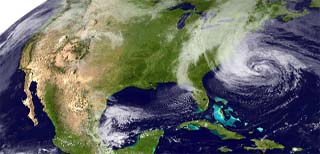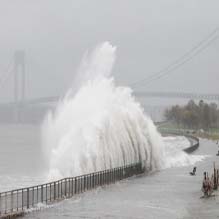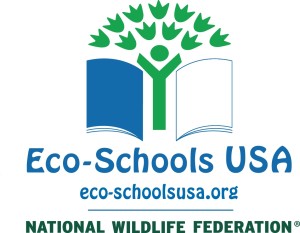We have much more to do and your continued support is needed now more than ever.
Helping Students Cope with Hurricane Sandy

The Importance of Teachable Moments
As educators, we have looked to teachable moments throughout our time in the classroom to effectively communicate our content in real time and help students make connections to their own lives. Examples include, the attacks on the World Trade Center, the declassification of Pluto as a planet, the Gulf oil spill, the election of the first African American president of the United States, the spread of the Influenza A virus H1N1, and the 2012 presidential election.

Superstorm Sandy provides teachers the unique opportunity to calm students’ overwhelming fears, concerns, and sadness related to the events that have so greatly impacted the East Coast’s landscape, communities and wildlife.
Teaching students about weather patterns and how changes in our climate system are impacting these natural events will lead to better understanding of our Earth system; and with understanding emotions can be soothed.
Solutions to mitigate impacts
Climate change is and will continue to impact our nation and the world in which we live, therefore, it is important to arm students with actions they can take to feel empowered.
What Can I Do?
- Protect wetlands: they are coastal communities’ first line of defense against extreme weather events.
- Don’t just recycle: work on reducing and reusing too!
- Don’t let energy vampires drive up carbon emissions.
- Drive less, walk and bike more, carpool and commit to drive 10 miles less a week
Educational Resources
 Eco-Schools USA is proud to offer educators and their students with a wealth of free resources that include ways to help students cope with catastrophic events, curricular connections, and ways to take real action.
Eco-Schools USA is proud to offer educators and their students with a wealth of free resources that include ways to help students cope with catastrophic events, curricular connections, and ways to take real action.





















